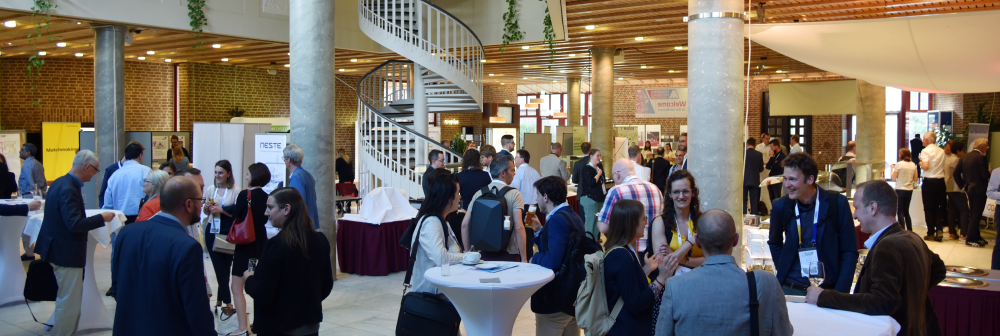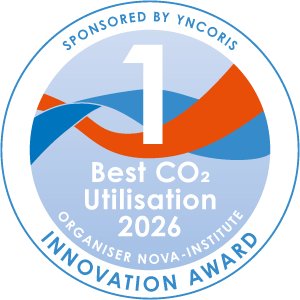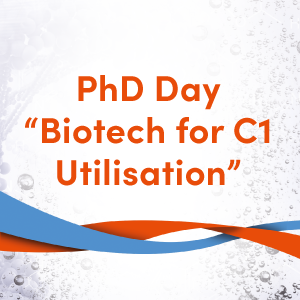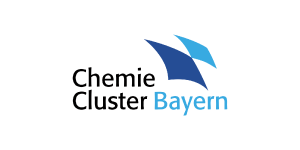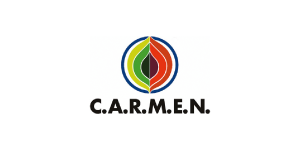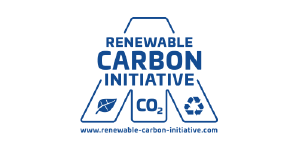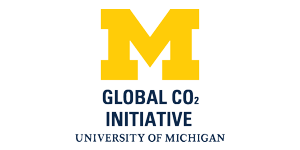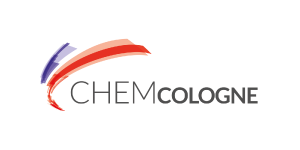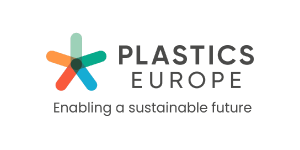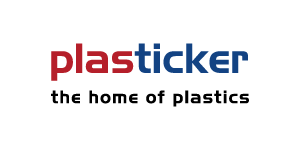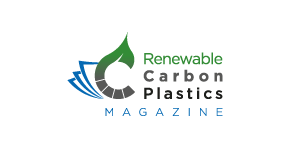CO2-based Fuels and Chemicals Conference 2026
Register now: 28-29 April 2026, Maternushaus, Cologne (Germany), hybrid event
++ 75 participants from 16 countries already registered – 230 expected ++ Call for Posters ++ We welcome our new exhibitors: Brusche – ENDRAVA – PTX Lab ++

The CO2-based Fuels and Chemicals Conference has successfully established itself as an international and unique meeting and networking ground for the entire Carbon Capture and Utilisation (CCU) and Power-to-X industry and its customers. The upcoming 14th edition of the conference will take place on 28–29 April 2026, Cologne, Germany as a hybrid event. Organiser nova-Institute expects over 230 leading international experts in the field of CCU, green hydrogen production and Power-to-X. Once more the event will showcase the latest innovations and most important developments in the fast-growing field of Carbon Capture and Utilisation with plenty of opportunities to network.
A milestone for the enforcement of CCU was reached on 28 June 2024 when the Council of the European Union and the European Parliament published the Net-Zero Industry Act (NZIA) in their Official Journal. The act finally acknowledges CO2 utilisation as an eligible strategic net zero technology, hereby providing an official reference and foundation to support and encourage the deployment of clean technology, such as CCU throughout Europe. With a current capacity of over 1.5 million tonnes for CO2-based products and steadily growing demand, CCU technologies are helping to establish CO2 as a renewable carbon feedstock, highlighting the urgency of investment and innovation in this field.
New and leading players demonstrate novel and improved applications based on the use of CO2 as feedstock. Main topics of the conference include innovation, strategy & policy in CCU, carbon capture technologies, green hydrogen production, Power-to-X for fuels (transportation and aviation), CO2-based chemicals, materials and polymers, mineralisation and advanced technologies, research for CCU, electrochemistry and photochemistry.
Topics of the conference
Patronage
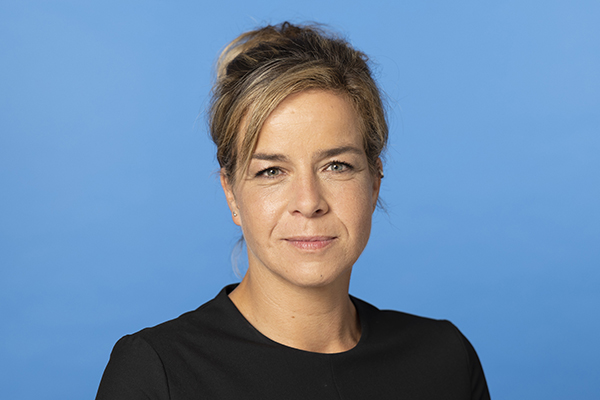
„Competitiveness and the net-zero industry transition go hand in hand – this is the basis for a future-oriented and resilient chemical industry. By showcasing promising innovations, successful applications and discussing the enabling framework conditions in the field of Carbon Capture and Utilisation, the CO2-based Fuels and Chemicals Conference makes an important contribution towards this transition.“
Minister Mona Neubaur, Ministry of Economic Affairs, Industry, Climate Action and Energy of the State of North Rhine-Westphalia
Innovation Award Sponsor and Innovation Award Co-Organiser
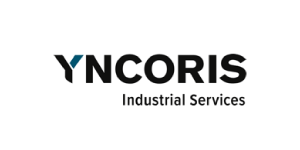

Partners
Media Partners
